>
“Believe in science.”
You’ve probably seen that common — and silly — trope on Left-wing political lawn signs. But what does it mean?
Science is a method, a tool, but those lawn signs seem to be calling for something else.
The statement instead most likely signifies that one believes in the politically compromised science of institutions promoting ideological outcomes.
It means believing in the American Medical Association, which now wants to drop the notation of sex from birth certificates without any medical justification.
It means trusting in health officials and the Centers for Disease Control and Prevention when they call “racism” a public health threat, worthy of suspending COVID-19 precautions for social justice and Black Lives Matter protests, but for nothing else.
What we are seeing in America and throughout the West is a corruption of institutions in the name of ideology, in which merit is coming under assault in pursuit of political conformity.
A series of studies demonstrate how our institutions have become warped and made to serve this narrow interest at the expense of any pretense of meritocracy.
This transformation is fully underway.
The so-called STEM fields — science, technology, engineering and mathematics — certainly aren’t immune from politics. Scientists, like everyone else, have views of their own that can influence their work.
However, what’s becoming clear is that as America’s most powerful institutions seek to reinforce their woke dogmas, they are insisting that ideology itself come before expertise in any field. Science and scientists must bend to the demands of ideology, much as they do under revolutionary, totalitarian regimes.
If you want to work or operate in most elite institutions, you increasingly need to declare a woke statement of faith. And of course, the most prestigious positions will be awarded to the most faithful.
1 in 5 academic jobs require ‘DEI’
A recent study by the American Enterprise Institute found that nearly one-fifth of academic jobs now require so-called diversity, equity and inclusion requirements. It found this by looking for words like “diversity” and “diverse” in schools’ public job postings. That didn’t just appear in humanities departments, where one would perhaps expect more political bias. No, they occurred just as commonly in STEM job listings.
Here are some examples of what the job listings asked for:
How do you think about diversity, equity, and inclusion [DEI], including factors that influence underrepresentation of particular groups in academia, and the experiences of individuals from particular groups within academia?
Have you been involved in activities to advance or promote a diverse, equitable, and inclusive environment or institution? We note that activities could be large and organized or they could be specific and very personal. Please tell us the role that you played, what you did, what happened, and what you learned from the experience.
Coming into a new institution will involve changes and being busy! Please let us know how you plan to integrate DEI into your role as a faculty member, including new or existing initiatives you would like to be involved with.
Don’t think you can escape the revolution in nonpolitical pursuits, and don’t think you can remain nonpolitical. You must shout your conversion and demonstrate your commitment to the revolution — or else.
The study used an example to show just how intense this strict ideological screening has become at some elite schools. It used the example of applications for a life sciences post at Berkeley:
The scale of the resulting purge would make Stalin blush. Of 893 nominally qualified candidates, 679 were eliminated solely due to insufficiently woke diversity, equity and inclusion statements. In other words, Berkeley used a political litmus test to eliminate over three-quarters of the applicant pool.
So much for inclusion.
On top of that, the diversity statements were even more commonly demanded at elite universities than at non-elite schools. One of the study’s authors, the Educational Freedom Institute’s James D. Paul, commented in an interview with The Washington Free Beacon that it shows how ideology is now taking “precedence over merit.”
To be a member of the new ruling elite, one doesn’t really have to be elite. This isn’t Thomas Jefferson’s “natural” aristocracy of the most able and educated, who rise to the top in a free society.
No, under the new rules, it’s more important to be in good ideological standing, to have the same beliefs, tastes, interests and attitudes as everyone else in that upper class.
What’s notable is that the AEI study’s authors admitted they might have even underestimated the extent of ideological screening as they narrowed their search terminology to the words “diverse” and “diversity.” That’s because the wide swath of various other initiatives that fall under the same ideological umbrella weren’t necessarily caught up in the search.
It’s like the issue involving how much critical race theory is being taught in K-12 schools. It’s not actually labeled “critical race theory 101 for kindergartners.” Instead, it relies on the terminology and ideas associated with the ideology, with concepts such as “anti-racism” and “white privilege” being among the many tip-offs.
In addition, the study only covered public postings. It’s quite possible that many more jobs require statements of diversity, equity and inclusion as part of the application process.
One might ask, why are institutions all becoming like this? Why are they in such lockstep in demanding rigid ideological enforcement?
Government speeds up revolution
There are many answers to that question. One of those is brought to light by another study, this one by the Center for the Study of Partisanship and Ideology, which showed that at least some of this transformation is being openly encouraged by the federal government.
The study found that one-third of National Science Foundation grants use the language of diversity, equity and inclusion in their abstracts. It represents a sharp uptick from just three decades ago, when higher education was already quite Left-wing, compared with the rest of the country.
Interestingly, Jeremiah Poff at the Washington Examiner noted that the largest increase in ideologically loaded grants occurred in human resources and in math and physical sciences.
The human resources officers and administrators are, of course, the enforcers. They are the most effective way to get institutions to conform to and promote an ideology.
This affects public and private institutions alike. Yale, for instance, now has more administrators than undergraduate students. And those administrators are often focused on promoting diversity, equity and inclusion. They are the most responsible for stamping out diversity of opinion.
Ironically, in the name of diversity, equity and inclusion, they are eradicating diversity, equity and inclusion.
Managerial revolution goes woke
The administrative state is using taxpayer money to advance and reinforce the cultural revolution. This is the woke-industrial complex in action.
It again highlights why trust in institutions is disintegrating. One after another — from academia to media to medicine and science to corporate America — conform to an ideological hive mind facilitated by the encouragement of an unaccountable administrative state.
That’s how the managerial revolution went woke and began corrupting even science.
As with the fight over critical race theory in K-12 schools playing out around the country, it’s now the people versus the institutions. We’ll see who is stronger.
Originally published at The Daily Signal.
Jarrett Stepman is a contributor to The Daily Signal and co-host of The Right Side of History podcast. He is also the author of the book The War on History: The Conspiracy to Rewrite America’s Past.

 Deprecated: strip_tags(): Passing null to parameter #1 ($string) of type string is deprecated in /var/www/html/wp-content/plugins/td-composer/legacy/Newspaper/loop.php on line 65
Deprecated: strip_tags(): Passing null to parameter #1 ($string) of type string is deprecated in /var/www/html/wp-content/plugins/td-composer/legacy/Newspaper/loop.php on line 65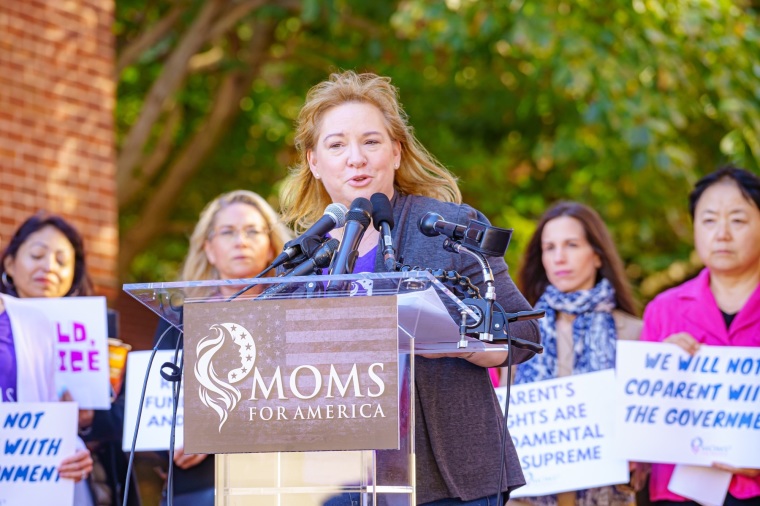 Deprecated: strip_tags(): Passing null to parameter #1 ($string) of type string is deprecated in /var/www/html/wp-content/plugins/td-composer/legacy/Newspaper/loop.php on line 65
Deprecated: strip_tags(): Passing null to parameter #1 ($string) of type string is deprecated in /var/www/html/wp-content/plugins/td-composer/legacy/Newspaper/loop.php on line 65 Deprecated: strip_tags(): Passing null to parameter #1 ($string) of type string is deprecated in /var/www/html/wp-content/plugins/td-composer/legacy/Newspaper/loop.php on line 65
Deprecated: strip_tags(): Passing null to parameter #1 ($string) of type string is deprecated in /var/www/html/wp-content/plugins/td-composer/legacy/Newspaper/loop.php on line 65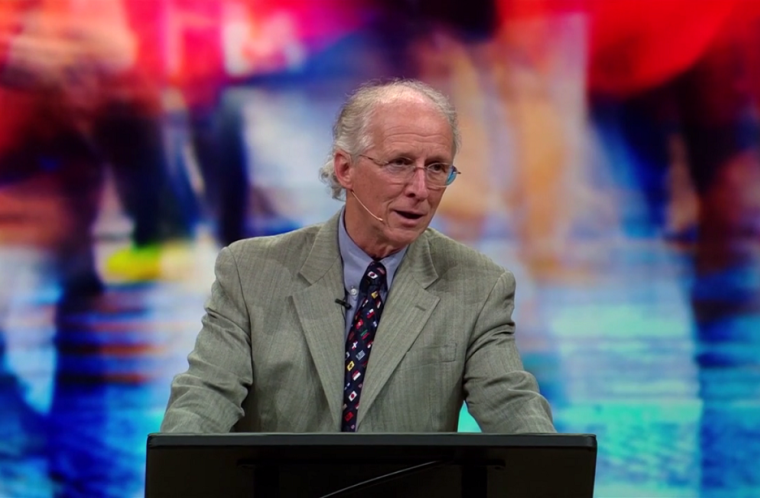 Deprecated: strip_tags(): Passing null to parameter #1 ($string) of type string is deprecated in /var/www/html/wp-content/plugins/td-composer/legacy/Newspaper/loop.php on line 65
Deprecated: strip_tags(): Passing null to parameter #1 ($string) of type string is deprecated in /var/www/html/wp-content/plugins/td-composer/legacy/Newspaper/loop.php on line 65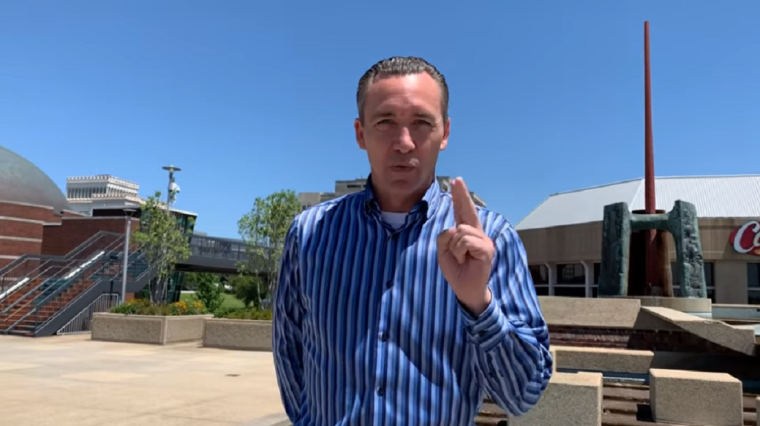 Deprecated: strip_tags(): Passing null to parameter #1 ($string) of type string is deprecated in /var/www/html/wp-content/plugins/td-composer/legacy/Newspaper/loop.php on line 65
Deprecated: strip_tags(): Passing null to parameter #1 ($string) of type string is deprecated in /var/www/html/wp-content/plugins/td-composer/legacy/Newspaper/loop.php on line 65 Deprecated: strip_tags(): Passing null to parameter #1 ($string) of type string is deprecated in /var/www/html/wp-content/plugins/td-composer/legacy/Newspaper/loop.php on line 65
Deprecated: strip_tags(): Passing null to parameter #1 ($string) of type string is deprecated in /var/www/html/wp-content/plugins/td-composer/legacy/Newspaper/loop.php on line 65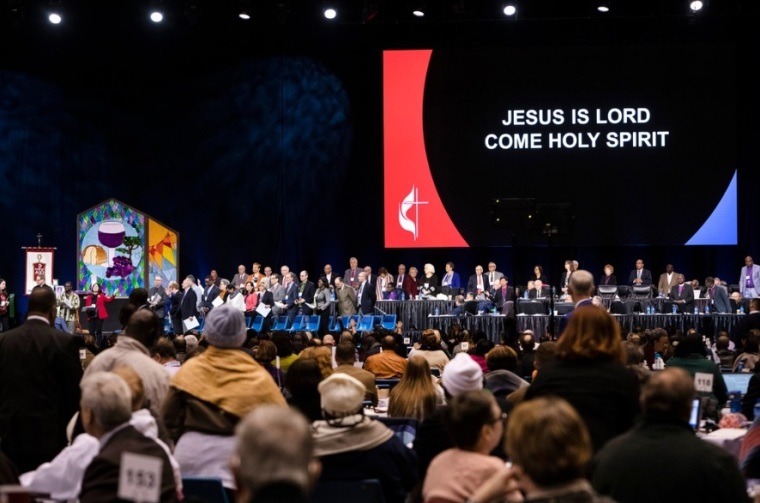 Deprecated: strip_tags(): Passing null to parameter #1 ($string) of type string is deprecated in /var/www/html/wp-content/plugins/td-composer/legacy/Newspaper/loop.php on line 65
Deprecated: strip_tags(): Passing null to parameter #1 ($string) of type string is deprecated in /var/www/html/wp-content/plugins/td-composer/legacy/Newspaper/loop.php on line 65
 Deprecated: strip_tags(): Passing null to parameter #1 ($string) of type string is deprecated in /var/www/html/wp-content/plugins/td-composer/legacy/Newspaper/loop.php on line 65
Deprecated: strip_tags(): Passing null to parameter #1 ($string) of type string is deprecated in /var/www/html/wp-content/plugins/td-composer/legacy/Newspaper/loop.php on line 65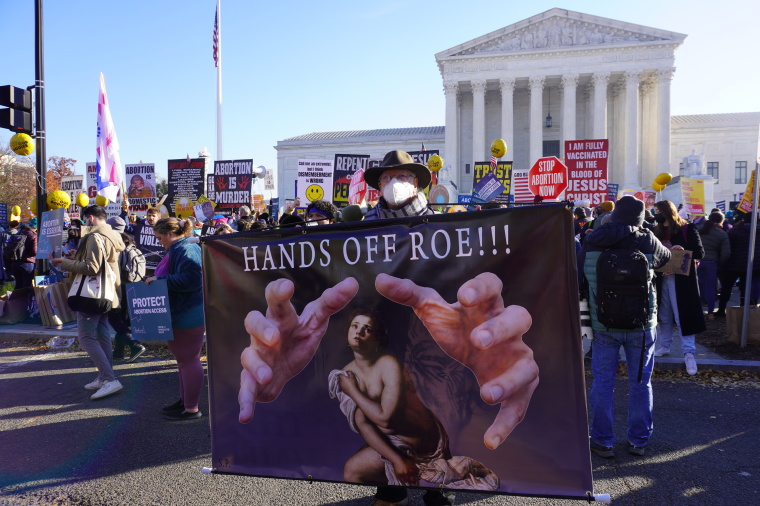 Deprecated: strip_tags(): Passing null to parameter #1 ($string) of type string is deprecated in /var/www/html/wp-content/plugins/td-composer/legacy/Newspaper/loop.php on line 65
Deprecated: strip_tags(): Passing null to parameter #1 ($string) of type string is deprecated in /var/www/html/wp-content/plugins/td-composer/legacy/Newspaper/loop.php on line 65